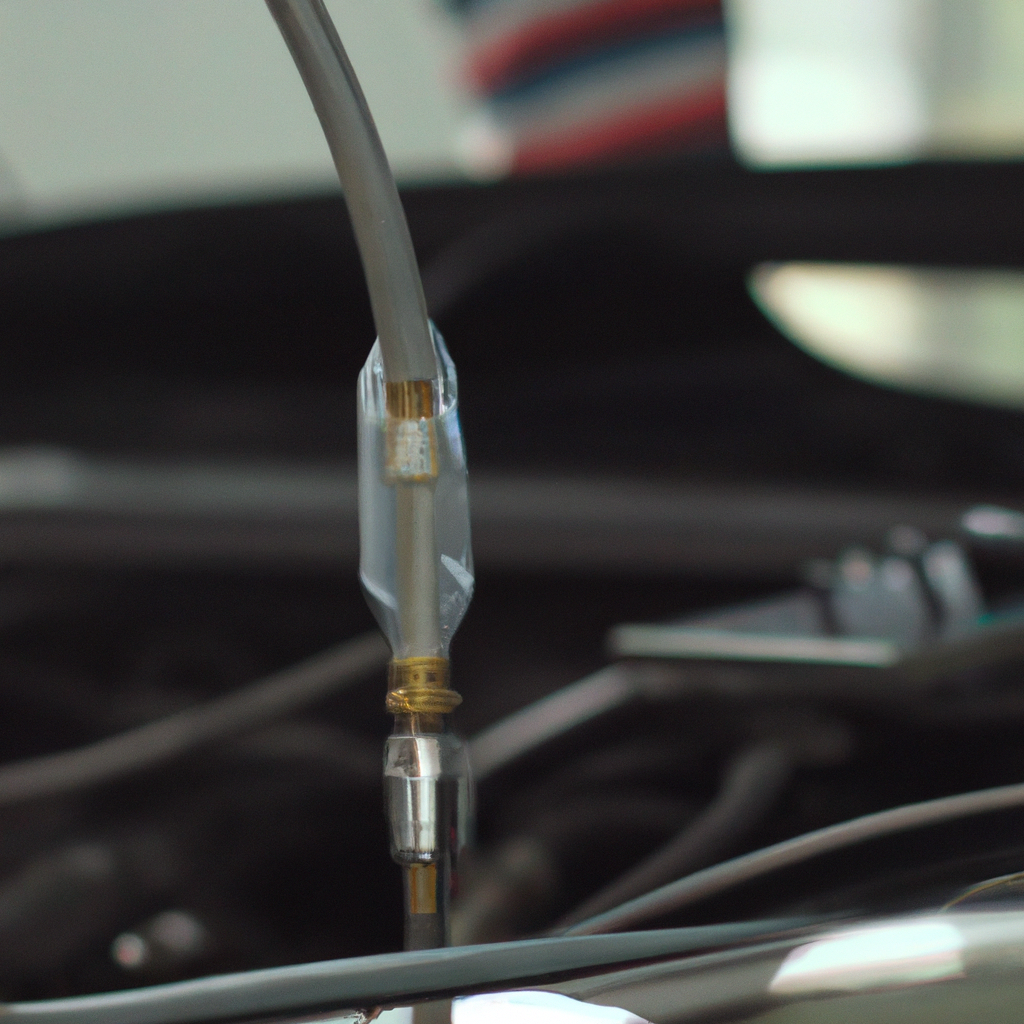Fuel injectors are essential components of a car’s fuel system that deliver fuel to the engine for combustion. They are responsible for precisely measuring and dispensing fuel into the engine’s combustion chamber, ensuring that the engine runs smoothly and efficiently. This article will explore how fuel injectors deliver fuel to a car’s engine, covering their basic principles of operation, types of fuel injectors, and their advantages over traditional carburetors.
Basic Principles of Operation
Fuel injectors are electronic valves that are mounted in the intake manifold of the engine. They are controlled by the car’s engine control unit (ECU), which uses a series of sensors to monitor the engine’s performance and adjust the fuel delivery accordingly. When the ECU determines that the engine needs more fuel, it sends a signal to the fuel injectors, which open and deliver the required amount of fuel to the combustion chamber.
Types of Fuel Injectors
There are two main types of fuel injectors: port fuel injectors and direct fuel injectors. Port fuel injectors are the most common type and are typically found in gasoline engines. They are mounted in the intake manifold and spray fuel into the intake port, where it mixes with the incoming air before entering the combustion chamber.
Direct fuel injectors, on the other hand, are found in diesel engines and some gasoline engines. They are mounted directly in the combustion chamber and spray fuel directly into the cylinder. This allows for more precise fuel delivery, which results in improved fuel efficiency and lower emissions.
Advantages of Fuel Injectors over Carburetors
Fuel injectors offer several advantages over traditional carburetors. First and foremost, they are more efficient and precise in their fuel delivery, which results in better fuel economy and lower emissions. Additionally, fuel injectors are more reliable and require less maintenance than carburetors, which can be prone to clogging and other issues.
Another advantage of fuel injectors is that they can be programmed and adjusted to deliver different amounts of fuel under different conditions. This allows for more precise tuning of the engine, which can result in improved performance and better overall driving experience.
Conclusion
In conclusion, fuel injectors are essential components of a car’s fuel system that deliver fuel to the engine for combustion. They operate by precisely measuring and dispensing fuel into the engine’s combustion chamber, ensuring that the engine runs smoothly and efficiently. There are two main types of fuel injectors: port fuel injectors and direct fuel injectors, each with their own advantages and disadvantages. Overall, fuel injectors offer several advantages over traditional carburetors, including improved fuel efficiency, lower emissions, and better overall performance.







